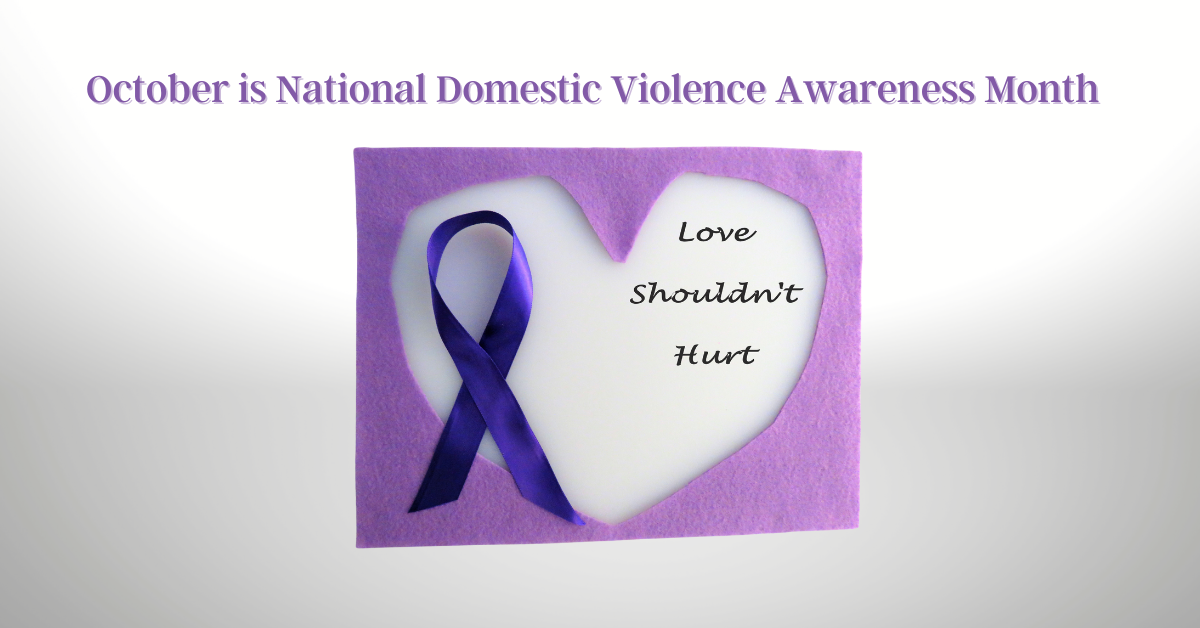Does Emotional Abuse Qualify as Domestic Violence?

Domestic violence and abuse can take the form of many behaviors and could be a one-time incident or a pattern of behaviors. In abusive relationships, an aggressor will use tactics such as bullying, manipulation, embarrassment, isolation, blame shifting, gaslighting, threatening, and injuring to control their victim. The abuser isn’t always a spouse/partner, they can be a person you are dating or even a family member.
The most common forms of abuse are physical (hitting, punching, kicking, strangling, throwing items, threatening with a weapon, etc.) and sexual (forcing you to perform sexual acts against your will, making you feel guilty for not wanting to have sex, refusing to wear protection, or denying you birth control, forcibly touching you without your consent, etc.). Emotional/psychological abuse is another common form of abuse and includes name calling, insults you, makes you feel as if nothing you do is good enough, blames you for everything that goes wrong, threatens to harm you, your children, your family, your pets or threatens suicide, gaslights you, isolates you from your family and friends, harassment, etc.
Within emotional/psychological abuse, there are additional forms of abuse that can manifest in a relationship but are less identifiable as abuse and are often explained away by the abuser as necessities for their victim’s safety. These include:
Digital: tells you who you can be friends with on social media, does not allow you to have social media, tracks you using GPS or spyware, checks your phone, email, private messages, forces you to share passwords with them, humiliates you in social media posts, remotely controls Wi-Fi/app accessible devices such as alarm systems, doorbells, cameras, etc.
Stalking: shows up at your work or home unannounced and uninvited, drives by your home or work on a regular basis, sends unwanted emails, private messages, texts, leaves voicemails, drops of unwanted gifts, tracks you with GPS, monitors your social media, manipulates those close to you for information about you and your activities.
Financial: controls all aspects of the finances, prevents you from accessing bank accounts, giving you an allowance, or monitors your spending, prevents you from working or working only certain hours, prevents you from going to school, gives you presents with the expectation of something in return, does not allow you access to your car keys.
Cultural: prevents you from observing your dietary/dress/holiday customs, uses racial slurs against you, prevents you from attending religious services, makes fun of your native language or accent and your attempt to speak the dominant language of the country you are in, controls and withholds your passport or immigration documents.
These forms of psychological abuse establish control and instill fear in the victim and relationship and can exist without physical violence. Often though, physically violent relationships include a range of emotional forms of abuse.
If any of these are happening in your relationship, reach out for help when you feel safe to do so. You are not alone, and the abuse is not your fault.
In North Carolina, there are two types of protective orders – domestic violence protective order (DVPO 50b) and no contact orders (50c). A DVPO 50b can be filed against someone who has caused or threatened to cause harm against the victim and where the victim has a personal relationship with the abuser. If you have not had a “personal relationship” with the abuser, harasser or stalker, you may be eligible for a civil no-contact order 50c.
Pursuant to N.C. Gen. Stat. § 50B-1, it is prohibited to place “someone in fear of continued harassment that is so bad it inflicts substantial emotional distress on the victim.” If the emotional abuse, digital control, and stalking fits this criterion, a DVPO may be granted by the courts, depending on the facts and circumstances of the case.
It is important to note that while financial control is deemed to be a form of abuse, financial control alone does not meet the criteria for a DVPO under North Carolina’s current domestic violence statute. It may however be a criminal offense depending on the facts and circumstances of the case. However, it is grounds for marital misconduct during separation negotiations and would come into play when seeking spousal support.
Emotional/psychological abuse can be harder to prove than physical abuse. There are some steps you can take to protect yourself.
Confide in trusted family and friends.
Seek help medical and psychological help. Keep track of doctor appointments, diagnoses (i.e. anxiety, depression), treatments and medications prescribed. Physical ailments like nerve and stomach issues can manifest from emotional abuse.
Use a secure, password protected, online journal to document all incidents of abuse.
Change your passwords and memorize them. Do not leave them where they a can be easily accessed.
Download voicemails and screenshot or save text message, social media messages/posts/comments, emails, and call logs. Be sure to include the sender, recipient, and the date and time stamp.
Keep a log of any time off from work or missed appointments or events due to the emotional abuse.
Hide any physical evidence in a safe location that is not accessible by the abuser.
File a police report.
There are a number of services and resources are available throughout the Triangle, including the following:
InterAct Family Safety and Empowerment Center
1012 Oberlin Road
Raleigh, NC 27605
Main Office: 919-828-7501
info@interactofwake.org
InterAct https://interactofwake.org/
North Carolina Victim Assistance Network
(919) 831-2857 or
(800) 348-5068 (Toll Free)
https://www.nc-van.org/
North Carolina Coalition Against Domestic Violence
3710 University Drive, Suite 140
Durham, NC 27707
Ph: 919-956-9124
https://nccadv.org/
National Domestic Violence Hotline
1-800-799-7233, available 24/7.
TTY: 1-800-787-3224
https://www.thehotline.org/